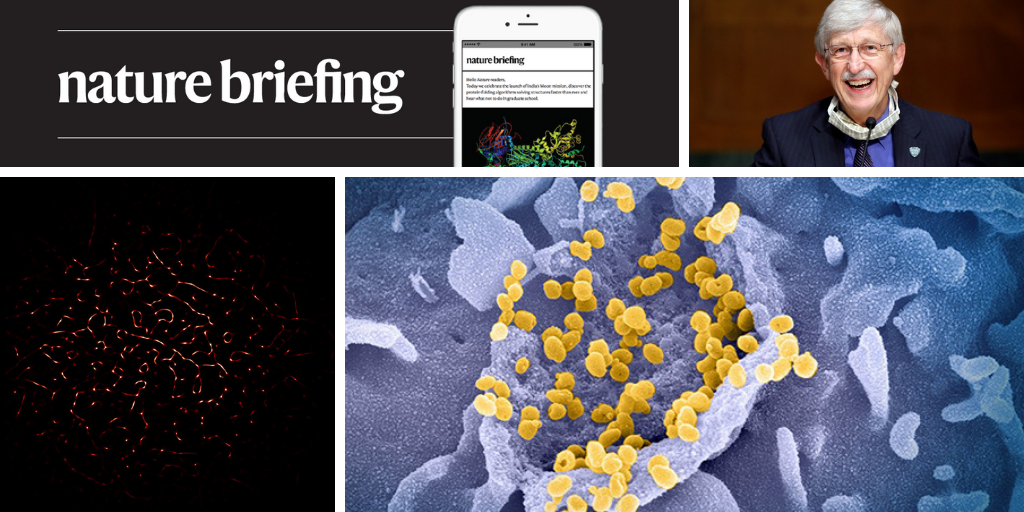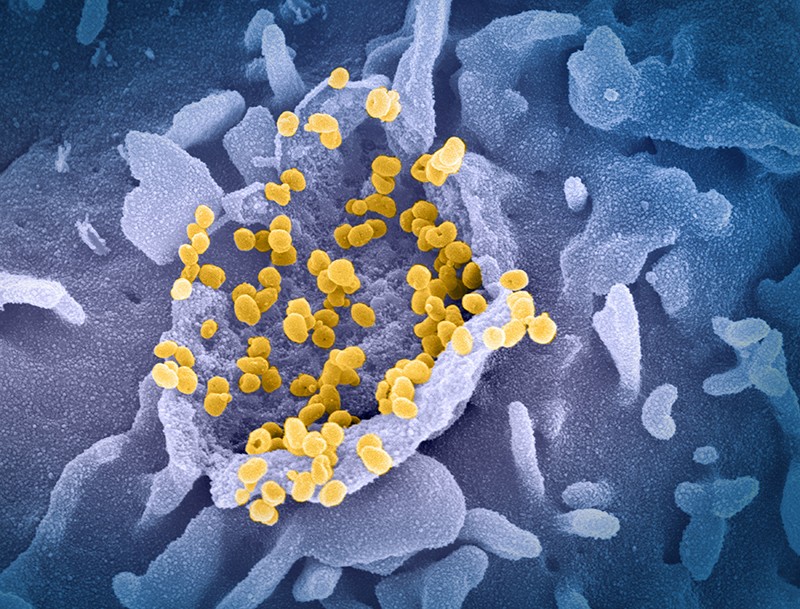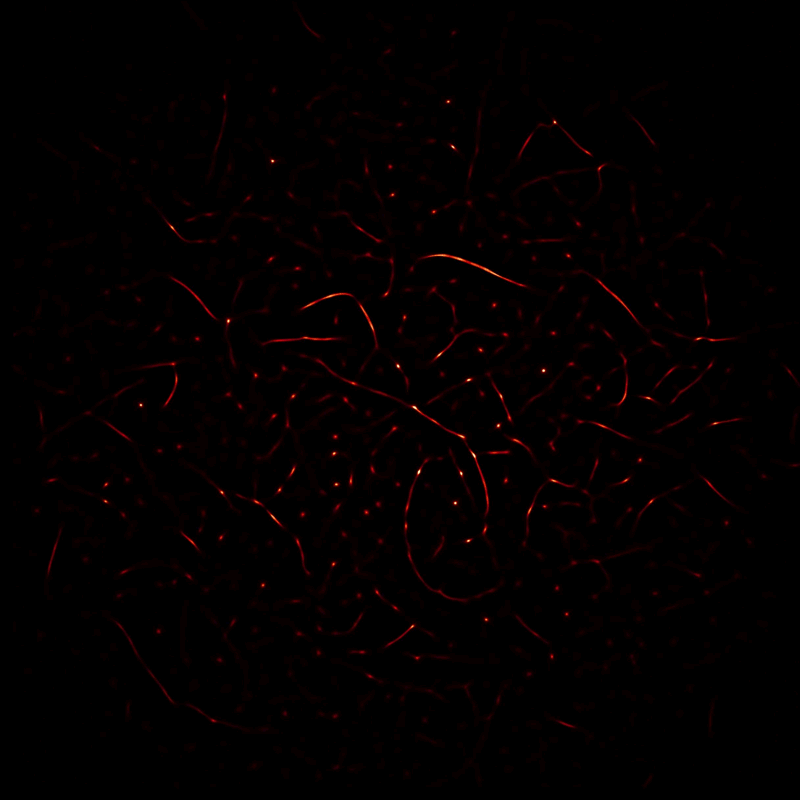Hello Nature readers, would you like to get this Briefing in your inbox free every day? Sign up here.
Unvaccinated people who have been infected with SARS-CoV-2 are at risk of reinfection within a couple years, according to a model based on knowledge of SARS-CoV-2 and other coronaviruses. Researchers combined long-term data for ‘endemic’, or continually circulating, coronaviruses that can cause the common cold with genetic data from SARS-CoV-2 and the closely related coronaviruses SARS-CoV and MERS-CoV. The results suggest that the average reinfection risk rises from about 5% at 4 months after initial infection to 50% by 17 months. “Immunity is relatively short-lived,” says bioinformatician Jeffrey Townsend. “You should still get vaccinated even if you got infected.”
More than 14,000 invertebrate species, including insects, spiders and worms, lost habitat in the 2019–20 wildfires across Australia. At least one animal, the Banksia montana mealybug (Pseudococcus markharveyi) seems to have gone extinct in the fires. A report from the National Environmental Science Programme recommends that 60 species be added to Australia’s list of threatened invertebrates, almost doubling the number on the list. And those are “just the ones we know about”, says entomologist and arachnologist Jess Marsh — many more vulnerable species lack sufficient data to be listed.
Reference: National Environmental Science Programme report
Features & opinion
Each year, governments around the world pour about half a trillion dollars into artificially lowering the price of fossil fuels — more than triple what renewables receive. Most countries have agreed this must end — the question is how. Decision-makers don’t all agree on what constitutes a fossil-fuel subsidy: are we just talking about axing tax breaks for oil and gas companies and fixed prices for end users, or should we also consider what pollution and carbon emissions cost to society? Ultimately, say some analysts, the goal should be for governments to stop giving companies permission to extract fossil fuels at all.
Two non-profit organizations, the US Institute of International Education Council and the UK Council for At Risk Academics, support scientists driven out of their home countries. A theoretical nuclear physicist from Yemen and a chemist and an archaeologist from Syria share their trials and triumphs as they continue their research despite extraordinary conditions. “My advice to other refugee scientists is not to waste any time once you move to a new country. Start learning the native language as soon as possible,” says the chemist, who now lives in Turkey. “And don’t make the mistake we did: don’t wait for the situation to get better. Find ways to continue on an academic path.”
The successor to Francis Collins at the US National Institutes of Health (NIH) will need to be steadfast, nimble and creative, argues a Nature editorial. The world’s largest biomedical research agency is at a pivotal time: its leader will have to guide biomedical research during and after the COVID-19 pandemic; deal with systemic racism and inequity in science; and navigate scientific cooperation with China. That is in addition to the core role of securing the agency’s budget, and being ever-more creative in making the case for supporting basic research.
When geneticist George Church asked evolutionary biologist Victoria Herridge, a critic of mammoth de-extinction, to join the advisory board of his company aiming to do just that, she said no. “It was ethics, not feasibility, that was my main concern,” Herridge says. The company, Colossal, is driven by a real desire to help the world — “but reshaping the planet shouldn’t be left to a chosen few”, she writes. “Instead, Colossal, and all companies like it, should do something as radical for business as its plans are for the planet: actively involve the public in its research decisions.”
Image of the week
Light prompts ‘traveller’ molecules (shown here moving faster than actual speed) embedded in a gel to scoot along track-like fibres — a journey that could lead to the development of new molecular-scale machines.
(Nature Research Highlight | 1 min read, Nature paywall)









More News
Star Formation Shut Down by Multiphase Gas Outflow in a Galaxy at a Redshift of 2.45 – Nature
Garden-variety fungus is an expert at environmental clean-ups
Air-travel climate-change emissions detailed for nearly 200 nations